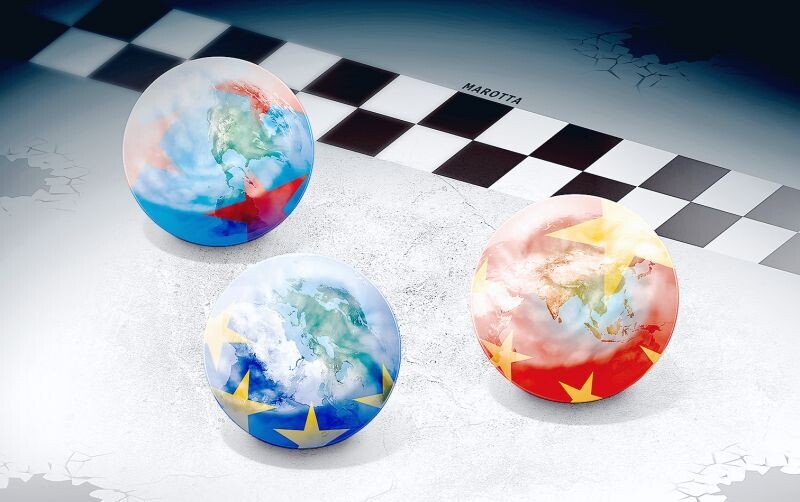
The number of free trade agreements in force around the world has reached 373, according to the WTO, which represents a significant increase since the beginning of the 21st century when there were fewer than 100. These agreements have contributed to the integration of value chains, achieving productive, commercial, technological, and social advancements on a global level.
In 2024, a historic record of international trade among all countries was reached, amounting to $33 trillion, which is equivalent to 31.5% of the global product. This increase has been primarily driven by the large economies of the world that have linked their production systems, with 20 countries generating two-thirds of all international trade.
However, in recent years, a change has been observed in the dynamics of global trade relations. Events such as Brexit, the presidency of Donald Trump, the pandemic, and climate crises have consolidated an era of "competitiveness," where countries impose trade restrictions, discriminate between friends and adversaries, and geopolitical tensions arise.
The United States, as the world's largest economy, has anticipated an era of endocentrism, which could lead to an increase in trade restrictions and possible retaliations between countries. The Director-General of the WTO has warned about the negative impact that these measures could have on the global economy.
This change in dynamics has led to an increase in border measures that hinder the flow of trade, reaching 3,200 in 2023. Despite the resilient capacity of global companies to continue growing, a trend towards fragmentation in international trade relations is observed.
The growth of international trade has generated enormous benefits in recent decades, including technological advancements, improvements in business productivity, welfare conditions, job quality, and the integration of value chains. However, the world is questioning this integration model, which could trigger trade wars with catastrophic consequences for global growth.














